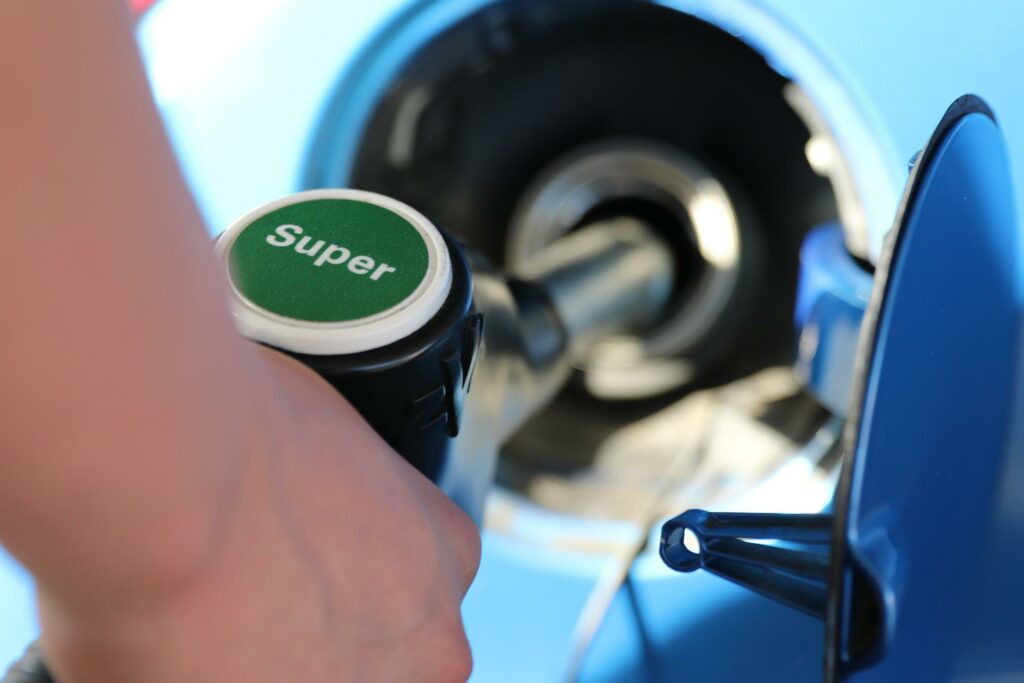The fuel rebate, which will apply from 1 June 2022 and which the federal government is financing with a gigantic tax cut, did indeed lead to falling prices at the pump. However, the effect was somewhat smaller than planned. It was supposed to be 35.2 ct/l less for petrol (Super E10) and 16.7 ct/l less for diesel.
On Wednesday, 1 June, the prices for E10 had fallen by an average of 27.3 cents per litre nationwide, and for diesel by 11.6 cents per litre. On Thursday, they had already risen again by two to three cents, although the oil price is currently falling because OPEC has increased production volumes (as of 02.06.2022 evening). The Federal Cartel Office has now shown that the discount contains a gross construction error.
What design flaw is the Cartel Office referring to?
Even before the rebate came into force, the Bundeskartellamt pointed out the legal peculiarity of the measure: The mineral oil tax is levied on the mineral oil companies. They are just as free in their pricing as the petrol station operators. Both parties in the fuel supply chain are therefore completely free to decide whether or not to pass on a tax reduction in full to the end consumer.

The effect is actually known from recent history, namely from the reduction of VAT due to the economic collapse by Corona. This tax cut from 01.07. to 31.12.2020 led to enormous bureaucracy, but by no means to falling prices everywhere, because some suppliers increased their net prices by the lowered VAT rate (or adjusted them slightly upwards).
The same is now happening again with the fuel discount. The head of the Cartel Office, Andreas Mundt, accordingly remarked that this rebate falls into the category of “well-intentioned, badly done”. In fact, there is no law that forces companies to pass on the tax reduction to their customers. The question arises: Did no one in the coalition government know this?
Everything not so bad?
The recent statements by the Federal Minister of Economics, Robert Habeck, on 30 and 31 May, which seemed slightly panicky, were remarkable: he had announced in all seriousness that prices could at worst rise even further from 1 June because a) the petrol stations would sell fuel that had previously been bought at a high price at the old price and b) there would be such a run on the petrol stations that the drastically increased demand would have to drive up the price according to the laws of the market economy. This was a mistake, as we now know. Therefore, a sigh of relief is spreading everywhere, the basic feeling is: things did not turn out as badly as feared.
But is that true? The truth is: the fuel price brake is taking effect. However, the effect calculated in advance does not materialise. Nor was it to be expected in all seriousness that prices would fall by exactly the margin published in advance, because – see above – suppliers always have a say in pricing and, moreover, the price of petrol is heavily dependent on the fluctuating world market price for oil. Nobody wants to accuse Robert Habeck of bad intentions, but viewed quite objectively, he stirred up some panic to achieve this effect of breathing a sigh of relief.
No real competition at the petrol stations
Normally, the tax cut at the petrol stations should have been a no-brainer for motorists. After all, in a functioning market economy there is lively competition. The suppliers therefore try to undercut each other on price. If the purchase price for fuel falls as a result of the tax cut, the petrol stations should actually pass it on 1:1 with this price reduction in order to survive in competition.
However, there is no real competition at our petrol stations from the outset. Motorists know it: prices, at least in one place and one region, are always similar. They fall and also rise in unison. During rush hour, fuel becomes more expensive, around lunchtime the price drops, and before the weekend it rises particularly sharply. Andreas Mundt, head of the Federal Cartel Office, calls this a “limited intensity of competition on the fuel market.” In short: the mineral oil companies are not engaged in a real price war. It is therefore to be feared that, despite the tax cut, they will successively and jointly raise prices again. The Cartel Office wants to keep a close eye on this. This is its task. It must prevent illegal price agreements and, if necessary, punish them with fines. But it is seldom possible to prove this.
Bottom line
Experts consider it negligent that the traffic light government is spending around three billion euros on the temporary “fuel price brake”. It is probably increasing the profits of the oil companies. Economist Clemens Fuest sums it up succinctly: The fuel price brake is “big nonsense.
